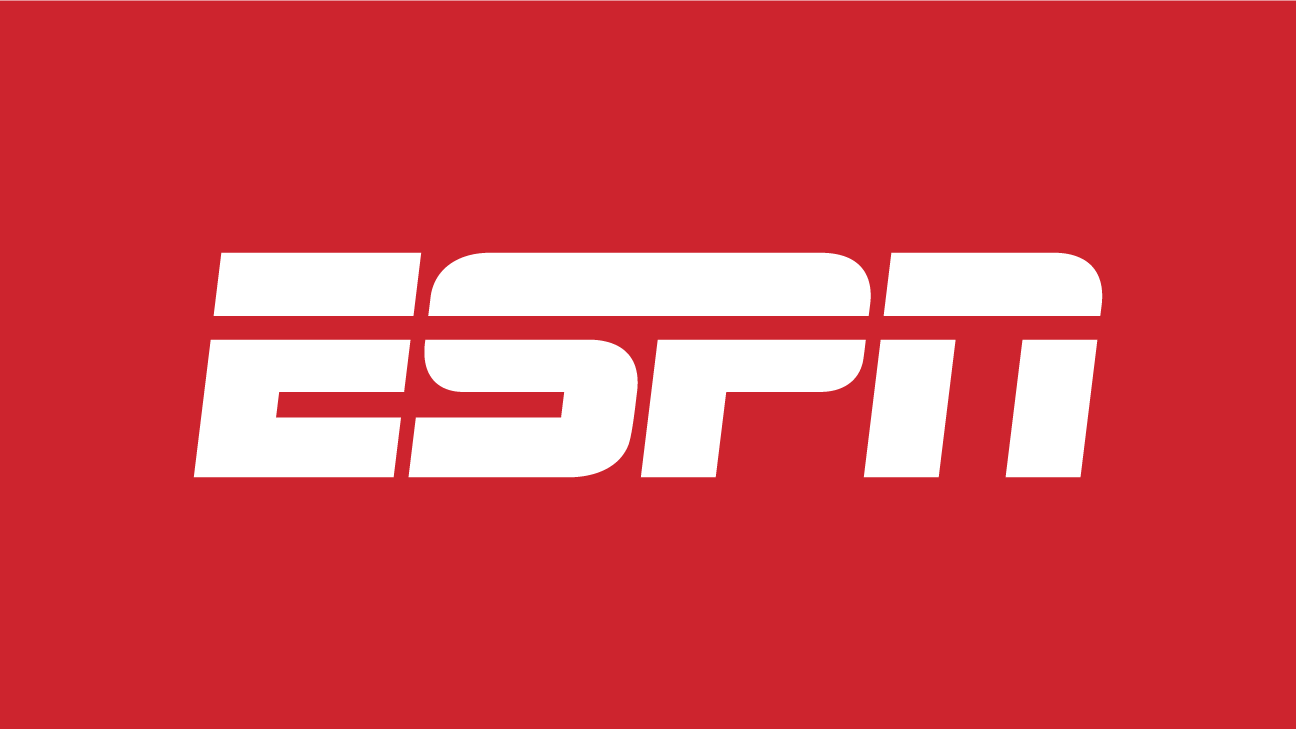The NCAA overhaul of its body of rules may call for the suspension of a head coach whose assistants commit violations, as well as a fine for a university up to five percent of its annual athletic budget, according to proposals discussed Monday at the Atlantic Coast Conference spring meetings.
An NCAA special committee, led by Clemson president James F. Barker, is attempting to streamline rules enforcement to provide "stronger, more predictable penalties" and greater accountability for university officials, from presidents to athletic directors to head coaches. The committee issued an interim report last month and is circulating some proposals among the membership for discussion.
The proposed changes include multiple levels of violations, rather than just the "major" and "secondary" levels now in force. This would allow the NCAA to be more nimble in how it adjudicates lesser violations.
It also includes fines, depending on the severity of the violation, of 0.25 percent to five percent of an annual athletic budget, or a sport's revenue, whichever is greater.
The penalty for scholarship reductions may be as high as 50 percent of a sport's allotment. A death penalty may be administered for one year -- for lesser offenses -- to as many as three-plus years.
It's difficult to find anyone in intercollegiate athletics who does not want the NCAA to move beyond outdated, nitpicking regulations and to handle cases in a more timely matter. But the discussion of greater accountability is meeting resistance from those who would be held accountable.
Under the current NCAA bylaw, a head coach is "presumed" to have knowledge of what is occurring in his program and "can be responsible" for the actions of his assistants.
The proposed change would do away with presumption. It would make the head coach responsible for his assistants' actions regardless of his knowledge of them. The penalties would range from 5 to 100 percent of competition in a season.
The NCAA included in the discussion material some examples of behavior for which a head coach would be held accountable, such as in-person, off-campus contacts with a recruit during a dead period, providing team gear to a recruit, or multiple phone calls or contacts when they are not allowed.
"I guess they expect us to become compliance officers," said Maryland football coach Randy Edsall, who added that the standard language of an assistant coaching contract already calls for dismissal if the assistant runs afoul of the NCAA manual.
Boston College football coach Frank Spaziani is concerned whether intent would be taken into account.
"There's a difference between cheating and breaking a rule," Spaziani said. "From the president to the athletic director to my staff, everybody knows what the rules are. We don't cheat. If somebody breaks a rule and 'Coach A' is suspended, people will say he's a cheater. The public perception is, he's cheating."
The committee hopes to issue its final report in August. The new body of rules isn't expected to go into effect before the 2013-14 academic year.
An NCAA special committee, led by Clemson president James F. Barker, is attempting to streamline rules enforcement to provide "stronger, more predictable penalties" and greater accountability for university officials, from presidents to athletic directors to head coaches. The committee issued an interim report last month and is circulating some proposals among the membership for discussion.
The proposed changes include multiple levels of violations, rather than just the "major" and "secondary" levels now in force. This would allow the NCAA to be more nimble in how it adjudicates lesser violations.
It also includes fines, depending on the severity of the violation, of 0.25 percent to five percent of an annual athletic budget, or a sport's revenue, whichever is greater.
The penalty for scholarship reductions may be as high as 50 percent of a sport's allotment. A death penalty may be administered for one year -- for lesser offenses -- to as many as three-plus years.
It's difficult to find anyone in intercollegiate athletics who does not want the NCAA to move beyond outdated, nitpicking regulations and to handle cases in a more timely matter. But the discussion of greater accountability is meeting resistance from those who would be held accountable.
Under the current NCAA bylaw, a head coach is "presumed" to have knowledge of what is occurring in his program and "can be responsible" for the actions of his assistants.
The proposed change would do away with presumption. It would make the head coach responsible for his assistants' actions regardless of his knowledge of them. The penalties would range from 5 to 100 percent of competition in a season.
The NCAA included in the discussion material some examples of behavior for which a head coach would be held accountable, such as in-person, off-campus contacts with a recruit during a dead period, providing team gear to a recruit, or multiple phone calls or contacts when they are not allowed.
"I guess they expect us to become compliance officers," said Maryland football coach Randy Edsall, who added that the standard language of an assistant coaching contract already calls for dismissal if the assistant runs afoul of the NCAA manual.
Boston College football coach Frank Spaziani is concerned whether intent would be taken into account.
"There's a difference between cheating and breaking a rule," Spaziani said. "From the president to the athletic director to my staff, everybody knows what the rules are. We don't cheat. If somebody breaks a rule and 'Coach A' is suspended, people will say he's a cheater. The public perception is, he's cheating."
The committee hopes to issue its final report in August. The new body of rules isn't expected to go into effect before the 2013-14 academic year.

